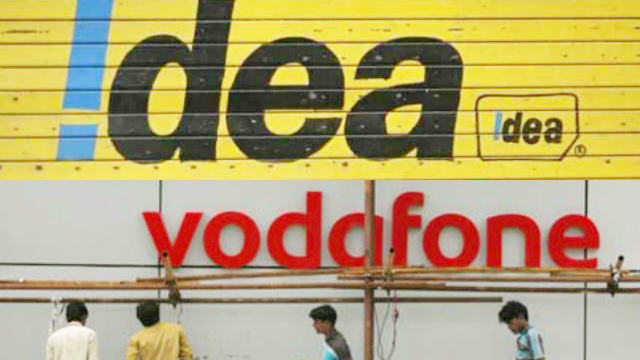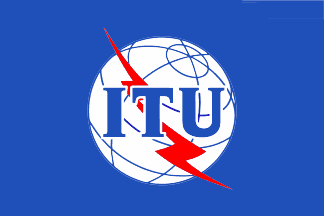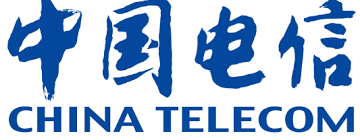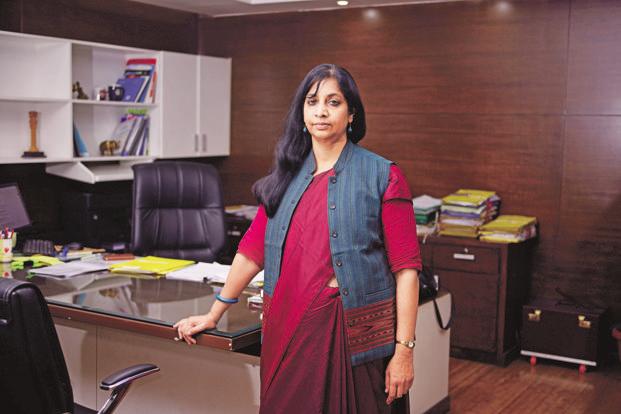Vodafone India and Idea Cellular have finally completed their $23 billion merger after the National Company Law Tribunal approved their request to join forces in becoming the number one telecom service provider in India. The new entity will be listed as Vodafone Idea Ltd and will have a base of over 400 million subscribers (35% subscriber market share and 32,2% of the market revenue share), surpassing the long-time market leader Bahrati Airtel. The rival that aroused the idea for the merger with its successful entry into the market, Reliance Jio, is left in third place. “Today, we have created India’s leading telecom operator. It is truly a historic moment. And this is much more than just about creating a large business. It is about our Vision of empowering and enabling a New India and meeting the aspirations of the youth of our country,” commented the chairman of the new board…
The auction for 100MHz of spectrum in the 3.5GHz bandwidth were sold to SK Telecom and KT, and on the other hand, LG Uplus received 80MHz of spectrum in that same bandwidth. The total amount that was raised by the auction was a little lower than anticipated with $3.6 billion. The Ministry of Science and Information and communication technology sold by auction 280MHz of spectrum in the 3.5GHz bandwidth and will later sale 2,400MHz in the 28GHz band. 5G networks will certainly reach South Korean as one of its first market to be launched on. The next few months and years will be important for SK telecom and KT. They want to make sure that South Korea will be “first for 5G” with an expected March 2019 as a deadline to start launching the news high speed network.
Chunghwa Telecom (CHT), Taiwan Mobile and Far Eas Tone (FET) Telecommunications have increased their sales thanks to new cheaper mobile plans. CHT got NT$19.51 billion (US$652.9 million) in sales for May, an increase of 12.71% from last year with a Net profit of NT$4.56 billion. Its optical broadband service reached 3.563 million subscribers, and its MOD service users reached 1.758 million on the same period. Also in May, Taiwan Mobile got NT$10.01 billion, with a net profit of NT$1.51 billion, thus having NT$49.86 billion in revenue on the last 12 months. In May, FET was able, on its side to gather a revenue of NT$7.299 billion for a net profit of NT$984 million.
With JPY 518.2 billion of value at the end of March 2018, the production of telecommunication material and devices wend down 24% year-on-year. The reason can be found in the constant relocation of factories, but also in the decrease of investments for this industry. The CIAJ (Communication and Information Network Association of Japan) stated that both business and infrastructure, whether it is landline or wireless, related equipments showed signs of lack of interest by investors. One figure represents this fall down: the production and trade of mobile terminal equipment dropped 39% in those 12 months with JPY 171 billion.
Blockchain will be the next tool used by the TRAI (Telecom Regulatory Authority in India) to fight against aggressive telemarketing, that is using spam calls and SMS. According to the TRAI, blockchain technology is able to track those annoying telemarketers. As they use unregistered phone numbers, they are usually hard to track, and with this new way of fighting against those marketing methods, India’s Telecom regulator will be the first to use blockchain as a mean of regulation. TRAI Chairman RS Sharma said: “Blockchain will ensure two things — non-repudiation and confidentiality. Only those authorized will be able to access details of a subscriber and only when they need to deliver service…“ and added that “TRAI will become the first organization to implement this kind of regulation on such a large scale,” 30 billion commercial calls or SMS are sent every month to users in India. Most of them are…
The secretary-general of the International Telecommunication Union (ITU), Zhao Houlin, explained at a press conference in Geneva, Switzerland, that infrastructure, investment, innovation and inclusion, or the “4 I’s”. Those pillars for information and communication technology (ICT) will be an obligation to reach the UN Sustainable Development Goals (SDG), especially for the next ten years. Infrastructure are essential to hold any economy based on communication and high tech. The future of digital economy in sustainable cities, will largely be based on the capacity to construct strong equipments for those infrastructures, not only to connect people but also objects. Strong investments are fundamental for the development of ICT. In order to see progress on SDG, innovation in the domain of finance will be needed and a mix between public and private investors is one of the solutions. Opportunity is only possible with innovation, thus small companies that base their growth and survival…
For Andrew Burchik, founder of the Prague based MVNO (mobile virtual network operator) Miracle Tele, the future of mobile operators will be found in Blockchain technology. Miracle Tele is already available in 213 countries. In late April, Miracle Tele allowed its customers to call any destination for €0.2 per minute and data from €0.01 per MB. Miracle Tele is using its own Token called TELE based on ERC20 (Ethereum blockchain) that they want to sell. 150,000,000 TELE are available at €0.1 per token. The sale is not limited in time as it will end when all tokens are sold out. This way the operator allows its users to have a choice: or they use its telecom services like any operator or they “tokenize” their assets and have access to mobile plans by purchasing them with TELE. According to M. Burchik, as smartphones are less a used for conventional communications, operators…
A worldwide partnership between CTG (China Telecom Global) and Global Switch was made official. It will allow the two companies to offer Data Centre Network solutions to customers globally. Global Switch already operates, develops and owns carrier and cloud-neutral data centres, that are located in Europe, and the Asia Pacific area. As a part of its services, it provides IEPL (international ethernet private lines), IPLC (international private leased circuits), VPN and IP transit. Deng Xiaofeng, CEO of CTG, expressed his satisfaction : “The collaboration will bring significant value-adds to our existing and future customers, fuelling their development and success with resilient and mission critical data centre network infrastructure.” John Corcoran, CEO of Global Switch, added: “This agreement with China Telecom Global is recognition of Global Switch’s continued commitment to providing customers with industry-leading facilities and solutions across our global portfolio. This initiative will further enhance access to our extensive connectivity…
Telecom Secretary in India, Aruna Sundarajan expressed concerns about the country’s lack of quality mobile network services. She pointed out the fact that more towers and fiberisation is needed to follow the growth of subscribers. She said, during the second 5G India conference, “In a country where data is growing at 500 per cent, we need much more infrastructure. You need at least double the number of towers, at least double the size of fibre. Otherwise, where will the quality come from? So, they (operators) are working on that We are driving down hard on the service quality areas. We are beginning to see visible changes as a result of it. But it is not enough.” In a situation where call drops occur more often, falling service quality is concerning users and professionals. Manoj Sinha, the Telecom Minister, replied by confirming that the government is committed to “ensure quality of…
The investment required to upgrade a network to support standalone 5G technology is important. JP Morgan think this is the reason why Telecom companies stocks did not do so well last year. There is a serious concern that the investment might not be as effective as expected. The lack of return put an important shade on some valuation for some asian (China, Japan and South Korea) and Australian telecommunications stocks. Those worries could be explained as the daily applications and advantages of 5G technology are yet to be seen and to be invented. James Sullivan,head of Asia ex-Japan equity research at J.P. Morgan explained “It’s not really about faster download speeds,” he said. “It’s about internet of things, autonomous vehicles and things of that nature for which no one understands a monetization case for networks yet.” 5G will not only be customer centered but also will help companies in processing…













